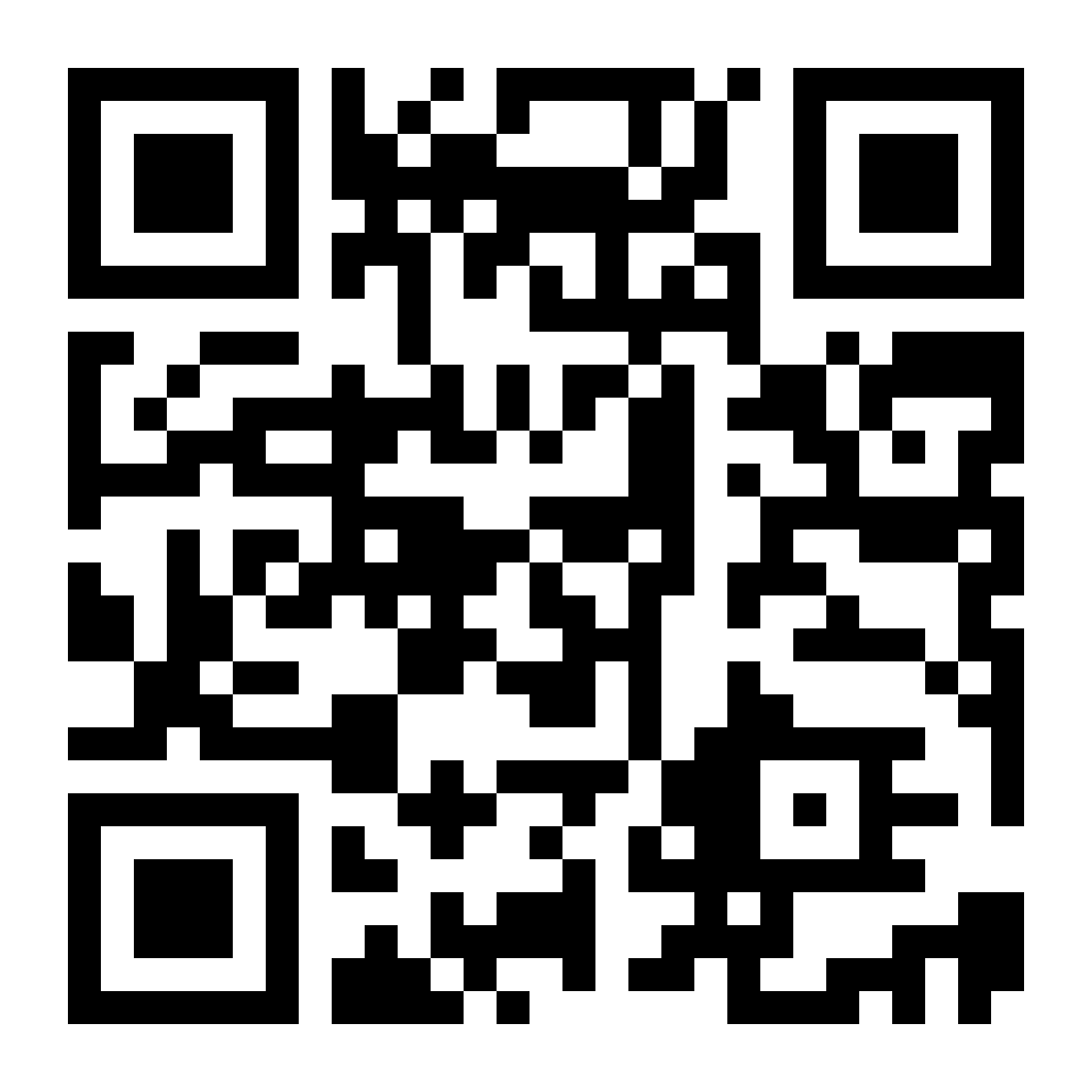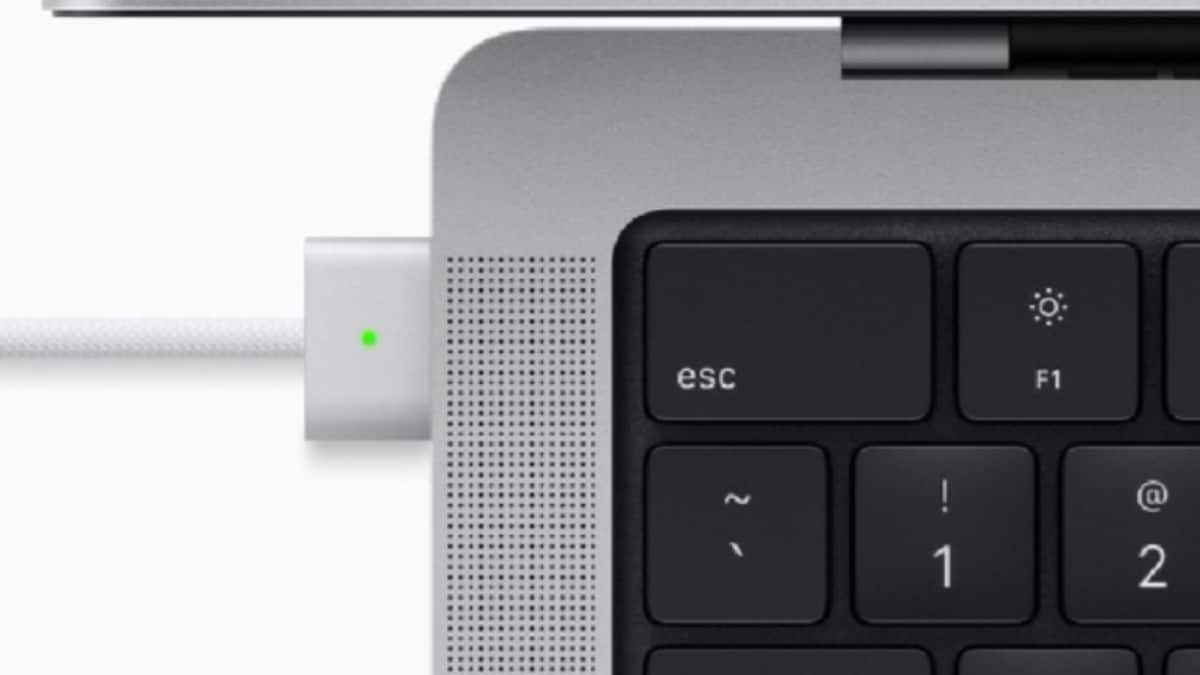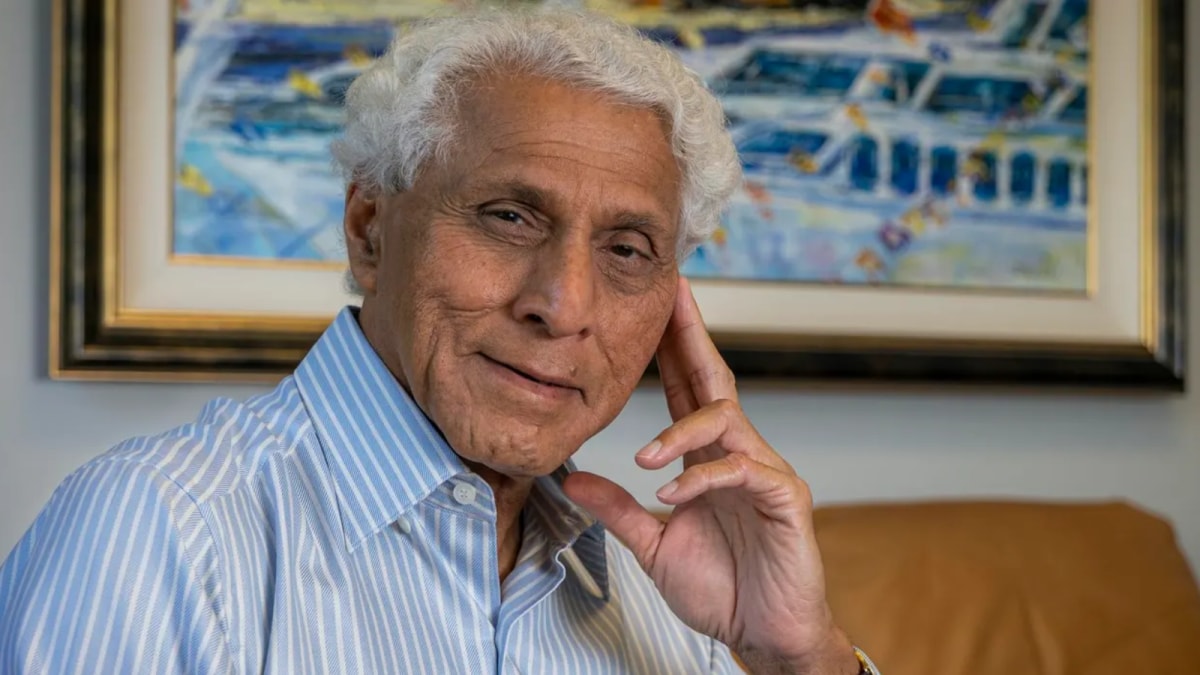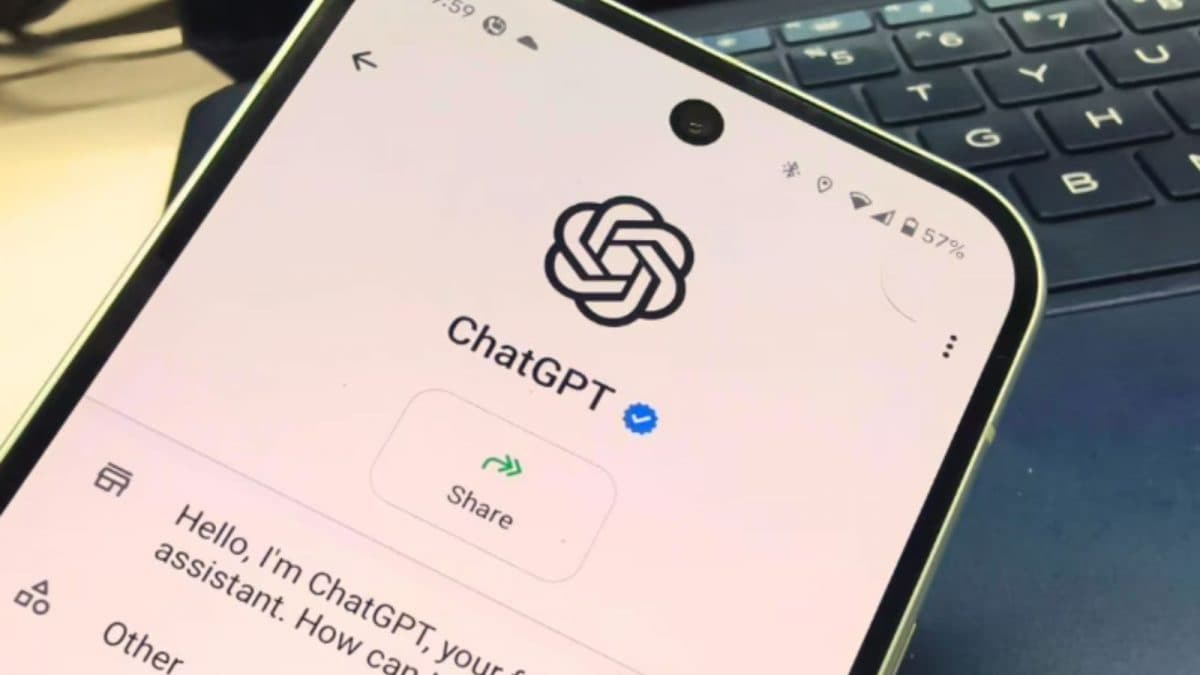Last Updated:November 08, 2025, 08:28 IST
Elon Musk, Bill Gates, and other top entrepreneurs may owe their success to neurodivergent traits- divergent thinking, hyperfocus, and a unique approach to problem-solving

Albert Einstein and Isaac Newton displayed traits of Asperger syndrome as well, including obsessive interests, social difficulties, and communication challenges (Image: AFP)
In the high-stakes world of entrepreneurship, brilliance often masquerades as eccentricity. From Elon Musk’s obsessive drive to Bill Gates’ strategic precision, a common thread emerges: a way of thinking that defies conventional patterns. Increasingly, researchers and psychologists point to neurodivergence, a spectrum of cognitive differences including ADHD, autism, and dyslexia as a factor that may shape these unconventional minds.
It is not simply about intellect or ambition; it is a distinct mode of perceiving, processing, and responding to the world that can unlock extraordinary innovation. But can thinking differently truly be considered a superpower, or is it merely one element in a constellation of traits that define success?
What Traits of Neurodivergence Align with Entrepreneurial Thinking?
Neurodivergence manifests in a variety of ways, from hyperfocus to divergent thinking. Dr. Astik Joshi, child, adolescent, and forensic psychiatrist at Fortis Hospital Shalimar Bagh, explains that certain traits commonly associated with ADHD or autism often align naturally with entrepreneurship.
“People with ADHD or autism often demonstrate tangential thoughts, strong creativity, and advanced problem-solving. They are able to think and act outside of the ordinary box, which allows them to identify unique opportunities. Persistence and resilience push them to innovate through calculated risks, producing creative ideas or business practices that are outside the usual scope," says Dr. Joshi.
These characteristics can make a stark difference in environments that reward unconventional thinking. Divergent thought processes enable entrepreneurs to approach problems from angles that others might overlook. For instance, Musk’s vision for SpaceX was not simply to build rockets but to rethink how humanity approaches space travel. Gates’ early investments in personal computing arose from a capacity to conceptualize software architecture in ways that few contemporaries imagined.
Can Impulsivity and Hyperfocus Influence Business Decisions?
Impulsivity, hyperfocus, and divergent thinking are often double-edged swords in the entrepreneurial arena. Dr. Joshi emphasises that these traits can profoundly influence business outcomes, “Impulsivity can drive spontaneous, high-risk decisions that lead to innovation, though without proper checks, it may also result in setbacks. Hyperfocus allows deep immersion into critical projects, unlocking productivity and breakthrough solutions. Divergent thinking supports creative problem-solving, which is essential in navigating uncertainty," he explains.
Consider Musk’s approach to product development. His willingness to make seemingly impulsive decisions like investing personal fortune into Tesla or launching the Falcon Heavy rocket demonstrates the potential upside of risk-taking driven by unconventional cognition. Similarly, Gates’ hyperfocus on coding and system optimisation allowed him to pioneer software solutions that defined an industry.
Yet, these traits require balance. Impulsivity without strategy can derail ventures, hyperfocus may obscure broader context, and unchecked divergent thinking might scatter efforts across too many initiatives. Successful neurodivergent entrepreneurs often combine these tendencies with disciplined planning, structured teams, or mentorship to harness their cognitive advantages effectively.
Is Neurodivergence the Common Thread Among Billionaires?
There is growing evidence that traits associated with neurodivergence appear disproportionately among successful entrepreneurs. Surveys and studies suggest that a significant proportion of high-performing business leaders display ADHD, autistic traits, or dyslexia-like cognitive patterns even if they do not meet formal diagnostic criteria.
Yet, neurodivergence alone does not guarantee success. Gates and Musk, while displaying neurodivergent traits, also exemplify strategic thinking, exceptional work ethic, and an ability to attract and retain talent. In other words, neurodivergence may act as a catalyst, not a replacement, for the full spectrum of entrepreneurial competencies.
As Dr. Joshi notes, “Some neurodivergent traits increase the likelihood of an individual naturally aligning with entrepreneurial thinking. The ability to perceive and conceptualize situations differently allows ideas that may assist business decision-making and produce unexpected outcomes."
Do Neurodivergent Individuals Have An Extra Edge?
The practical edge of neurodivergence in entrepreneurship are striking. Individuals who think differently can:
Identify unconventional market opportunities.Innovate product or service design by challenging norms.Persist through failure and adopt risk-taking as a tool rather than a gamble.Leverage hyperfocus to solve complex problems with depth and speed.For example, dyslexic entrepreneurs often excel in visual-spatial reasoning, enabling them to conceptualize complex systems or visualise solutions in ways others may not. ADHD traits may fuel rapid ideation and experimentation. Autistic individuals may bring intense analytical abilities and a commitment to detail, particularly useful in engineering, software, and technology ventures.
While neurodivergent traits can confer an edge, they are not without potential pitfalls. Entrepreneurs may experience:
Burnout due to hyperfocus or overcommitment.Social communication challenges in team management or investor relations.Impulsivity leading to miscalculated risks or inconsistent execution.Dr. Joshi emphasises the importance of internal checks and external support: “With some management, these behaviors positively impact agility and innovation. Without it, they may lead to inconsistency, stress, or fatigue."
Many successful neurodivergent entrepreneurs mitigate these risks through structured teams, mentorship, therapy, or technology that supports executive functioning.
Can Neurodivergent Thinking Be Cultivated?
Although formal neurodivergence is innate, the skills that make neurodivergent entrepreneurs effective creative problem-solving, divergent thinking, and resilience—can be nurtured. Training in cognitive flexibility, mindfulness, and strategic risk-taking can help neurodiverse and neurotypical individuals alike harness these modes of thinking.
Dr. Joshi summarises, “Perhaps the true superpower is not neurodivergence itself, but the ability to harness it purposefully in a world designed for conformity."
First Published:
November 08, 2025, 07:00 IST
News explainers Does Elon Musk Have A' Genius Code'? What Makes Billionaires Wired Differently| Explained
Disclaimer: Comments reflect users’ views, not News18’s. Please keep discussions respectful and constructive. Abusive, defamatory, or illegal comments will be removed. News18 may disable any comment at its discretion. By posting, you agree to our Terms of Use and Privacy Policy.
Stay Ahead, Read Faster
Scan the QR code to download the News18 app and enjoy a seamless news experience anytime, anywhere.


 6 hours ago
6 hours ago
















